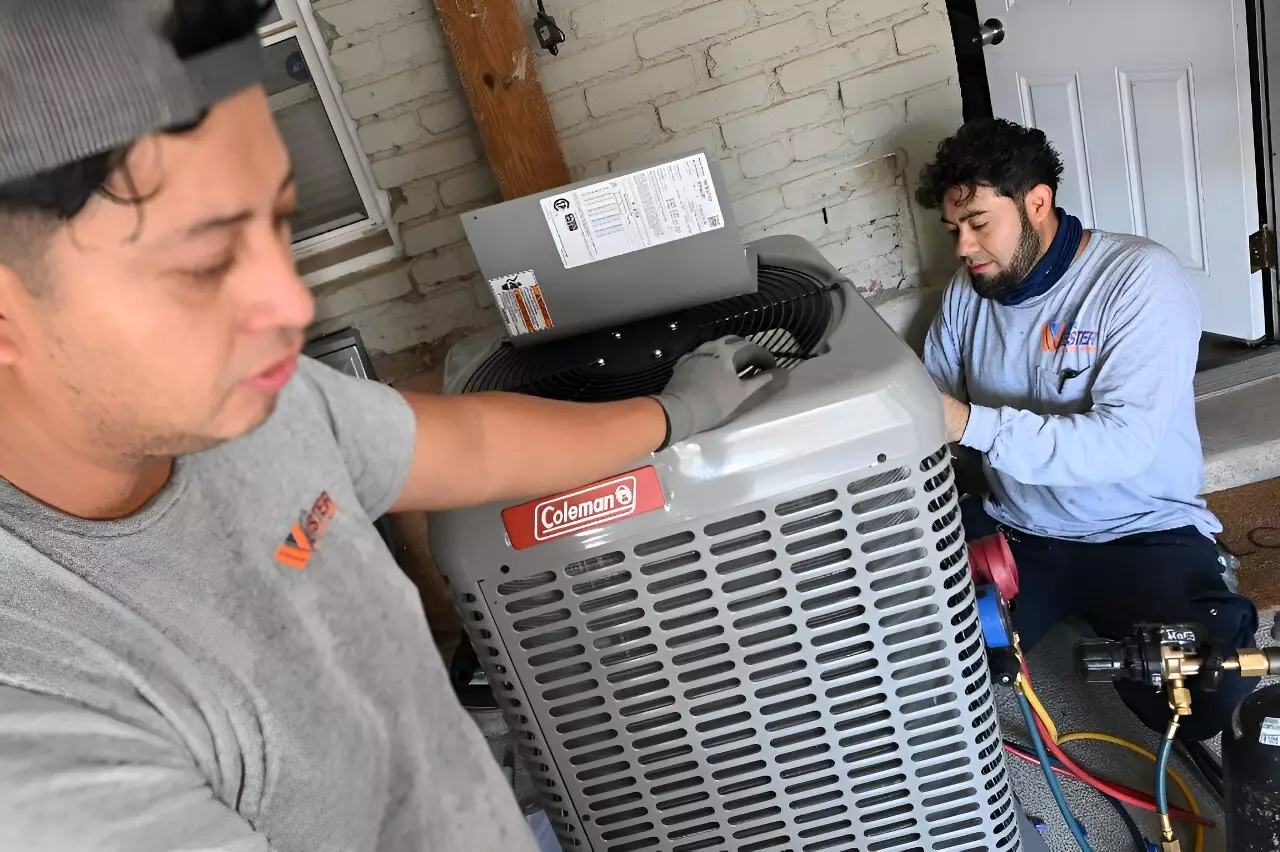In recent years, there has been a significant push towards home electrification in the United States as part of a larger effort to combat climate change. While electric cars and solar panels often steal the spotlight, heat pumps have emerged as a key component of this movement. These energy-efficient systems offer a dual solution by replacing traditional heaters and air conditioners with a single appliance. Heat pump hot water heaters are also gaining traction in the market, providing a comprehensive approach to reducing carbon emissions.
Despite being widely used in Asia and Europe, heat pump technology has experienced a slow uptake in the United States. However, recent initiatives like the Inflation Reduction Act, which offers tax credits and rebates for heat pump installations, aim to change this trend. President Joe Biden’s landmark climate bill has allocated funds to incentivize households to make the switch to more sustainable heating and cooling options. Individual states are also providing their own incentives to encourage electrification.
One of the key advantages of heat pumps is their affordability and cost-effectiveness. Studies have shown that in many cases, heat pump systems can be more affordable than traditional gas furnaces or hot water heaters. With proper incentives and subsidies, the transition to heat pumps becomes even more accessible for consumers. For example, Washington’s Affordable Home Electrification program provides qualifying households with total home electrification at no cost, making it possible for individuals like Su Balasubramanian to embrace this technology.
While the adoption of heat pumps is on the rise, there are still challenges to overcome. Awareness and education are crucial in encouraging more households to make the switch to electrification. Advocates suggest taking a gradual approach to electrifying homes, starting with one appliance at a time. By targeting specific demographics like seniors on fixed incomes and providing training for contractors, the transition to heat pumps can be facilitated. Additionally, states with favorable conditions like cheap electricity and a need for air conditioning have seen higher rates of heat pump adoption.
The widespread adoption of heat pump air systems has the potential to significantly reduce national greenhouse gas emissions in the United States. Studies have estimated that full adoption of heat pumps could lower emissions by five to nine percent, making a substantial impact on overall carbon footprints. By leveraging the benefits of heat pumps, households and communities can contribute to a more sustainable future while reducing their energy consumption.
As more households and states embrace the transition to heat pumps and other electrification technologies, the future of home heating and cooling looks promising. With continued support from government initiatives, informed contractors, and consumer awareness campaigns, the era of sustainable home electrification is within reach. By taking proactive steps to adopt energy-efficient solutions like heat pumps, individuals can play a crucial role in mitigating the effects of climate change and building a greener tomorrow.


Leave a Reply